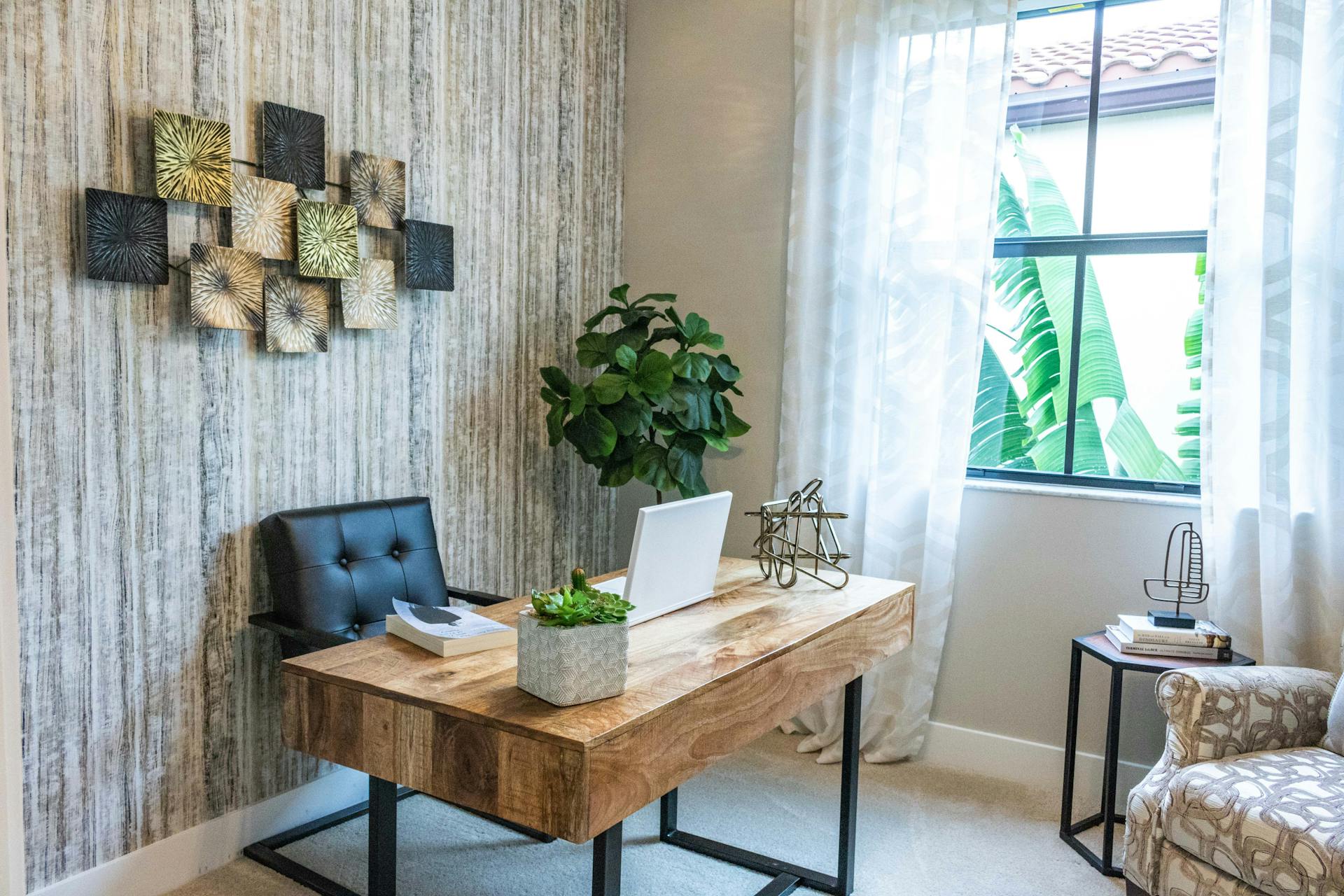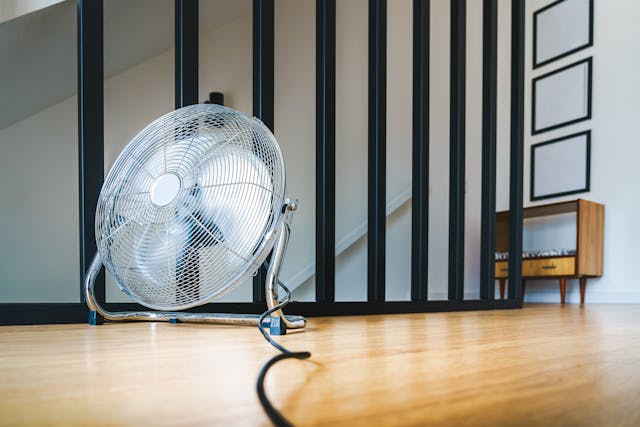Should you Allow your Tenants to Paint your Rental Property?
Is it wise to allow tenants to make changes to your property?

Tenants often ask if they can make improvements or changes to the home or apartment they are renting. Painting interior walls is one of the most common requests by both long-term and short-term renters. After all, they are going to be living there and may want the space to feel more like 'home'. Flexibility with the decorating and upkeep of your rental property is key to holding on to great tenants.
However, while this request may sound simple at first, the fact is that painting mishaps are both common and expensive. These mishaps could be paint cans tipping over onto rugs or masonry, or droplets of paint having to be scraped from glass, metal fixtures, or wooden baseboards that may leave permanent scratches from removal. These mistakes are but a few examples of how painting the interior of a home can come with an expensive learning curve.
Many people do not consider these common accidents as possibilities unless they've done a lot of painting. As such, they may not be aware that painting may indeed require doorknobs, hinges, and handles having to be properly covered or replaced. It is important that you and your tenant are on the same page with understanding proper safety precautions to safeguard your property and investment. You want to be absolutely sure that your trust in your tenant is well-placed.
We've listed a few things you should muse over before making your final decision on the matter.
- How long have you known the renters, and what is your sense of their attention to detail and skill level? Do you trust that they are skilled enough to avoid expensive mistakes and spills?
- Assess the vulnerabilities of the area they want to paint, and consider what could go wrong.
- Is their security deposit enough to cover any damages that could result from a mishap? The inherent risks of painting interior walls may require a temporary additional amount required until the job is complete.
- While the paint job may indeed be an improvement to your investment, you may end up not liking the color they have chosen. What would be your costs to restore the color to your original choice when your tenant eventually leaves?
Questions you can ask the tenant making the request are:
- How much painting have you done in the past?
- What do you have in mind in terms of color?
- If they are applying a darker color over a lighter, existing color, any scratches on the walls next to heavily trafficked areas such as light switches will be more visible to the eye and will require more maintenance over the years to keep looking fresh.
- Painting can seem deceptively simple - what do you think are the most difficult parts of doing this job?
- See if they have thought through what's involved in both time and out of pocket costs.
- Roughly, based upon your experience, how long do you think this job will take?
- Figuring out the supplies that are needed and getting everything to the job site can often be a third of a job. See if they are experienced enough to realize that.
- What type of brushes would you use on the trim and baseboards?
- Do they know to use a diagonal - or "sash tool" as experienced painters call it - on windows, gloss and semigloss trim to reduce the appearance of brushstrokes?
- What do you do to remove latex paint once it has dried?
- The overwhelming majority of interior painting these days is done with latex water-based paint. The most common product for removing latex paint is called Goof-off, while paint thinner is a common tool for removing Oil-based paints. Make sure they know the difference between solvents for removing errant paint drips.
- Solvents can remove the protective finish on the fixtures that keep it from tarnishing over time. This is essential to know so as to cover fixtures with tape before painting near them to protect them and prevent having to clean up paint splatters after they dry.
- How do you remove paint drips from glass?
- Make sure they know razor blades will scratch glass if they are dull or have nicks.
- Who is going to pay? What is the estimate of the costs?
- If they are offering to do the labor but are asking for your assistance to cover out of pocket expenses for paint and supplies, try counter offering that you will pay half.
These questions can help you discern the tenant's skill levels and determine whether their request is truly an improvement or something that devalues your property. Once the paint is on your walls it cannot be removed. Getting solid, truthful answers to these questions before granting the request is key to assess whether what the tenant is proposing will ultimately be a plus or a minus over the long term with your rental property investment.
What if the Tenant Paints Without First Obtaining Permission?
If it comes to your attention the tenant has painted or made alterations to your property without first getting your permission you need to act quickly and decisively. Make clear to them in writing that you are aware of the changes they made to the property, that these changes were made without your consent, and this act is a lease violation.
If you believe it is truly a devaluation of your property, ask them to return the property to its original condition. If they do not do so, inform them you will deduct the costs of doing so from their security deposit. If you feel they aren't cooperating or honoring the lease agreement, this is grounds for eviction.
Exterior Painting Requires a Completely Different Skill Level than Interior Painting
Most requests from tenants are to paint interior walls with water-based latex paint. Because the interior is not subjected to weathering from the elements, you don't have to be quite as careful with properly prepping surfaces to make sure the paint job lasts for years to come.
Exterior painting is much more dependent upon surfaces being properly scraped and washed to remove lose scaling and peeling paint. Exterior painting tends to have many more safety hazards due to working on ladders on uneven ground. Paint can in turn be spilled much more easily and can cause permanent damage to masonry surfaces and pavement walkways.
For these reasons, requests for exterior painting are a much larger, more serious ask than requests to do interior painting. Exterior painting should be left to qualified professionals.
Created on: 04/02/24
Author: CreditLink Secure Blog Team
Tags: home improvement, painting , damage , maintenance,










